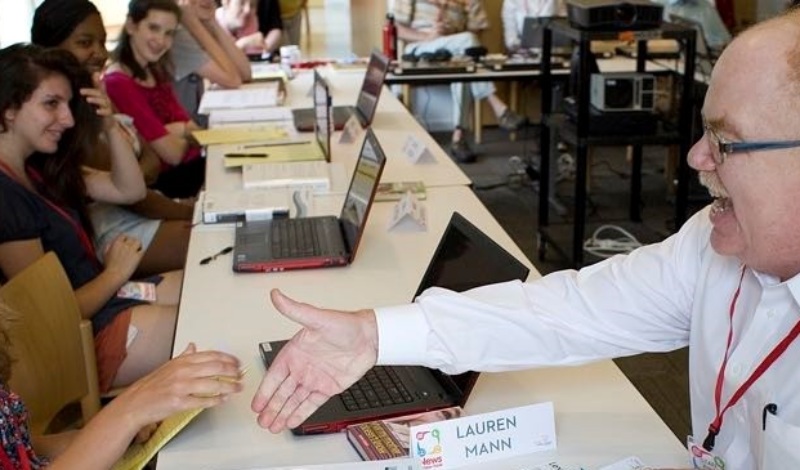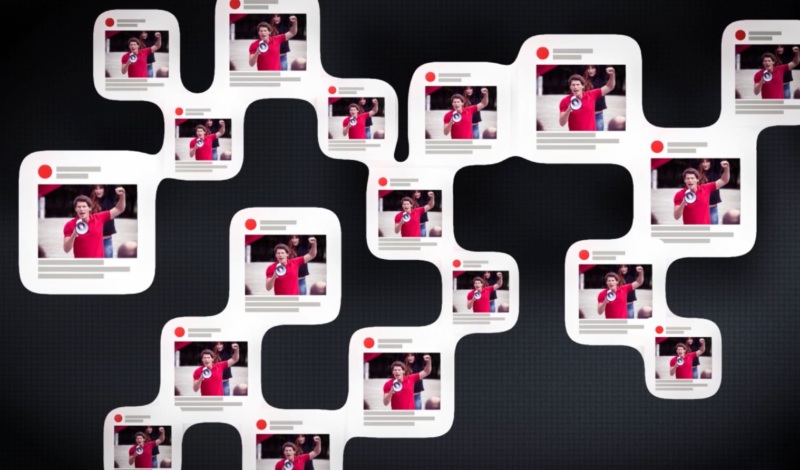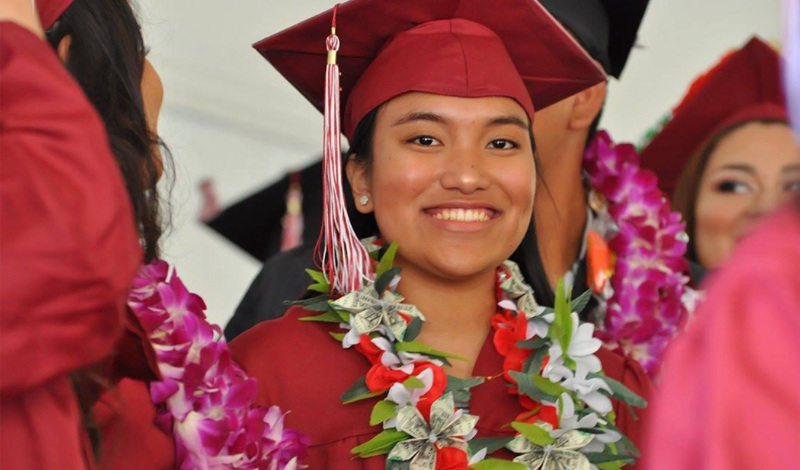
NLP News
On this page, you can search and sort a combination of updates about NLP, event listings and our frequent media mentions. Check back regularly!







On this page, you can search and sort a combination of updates about NLP, event listings and our frequent media mentions. Check back regularly!



